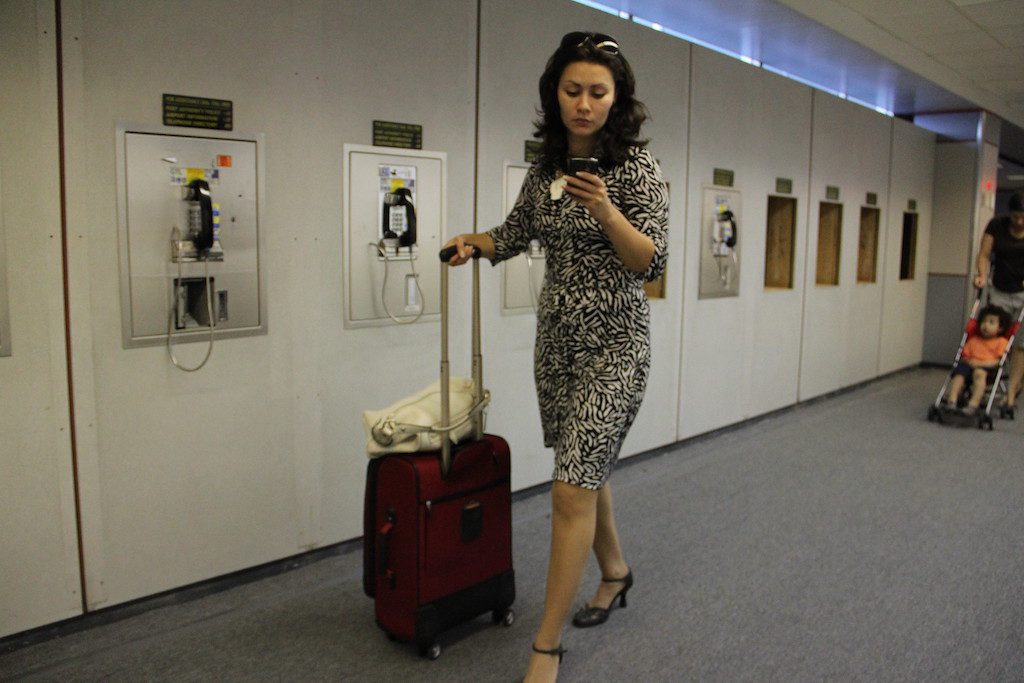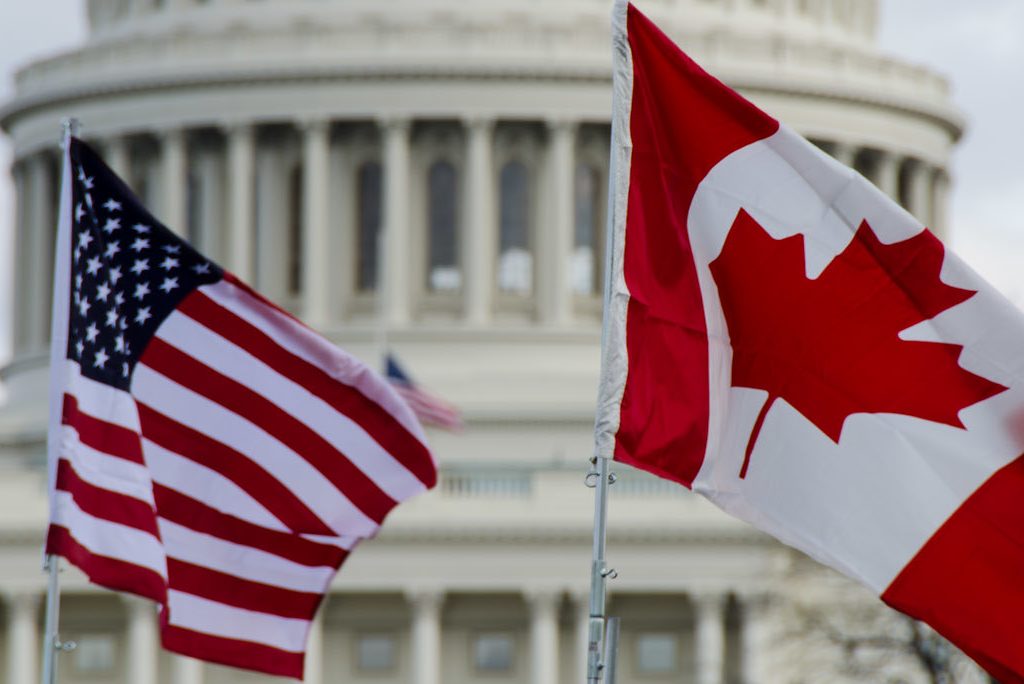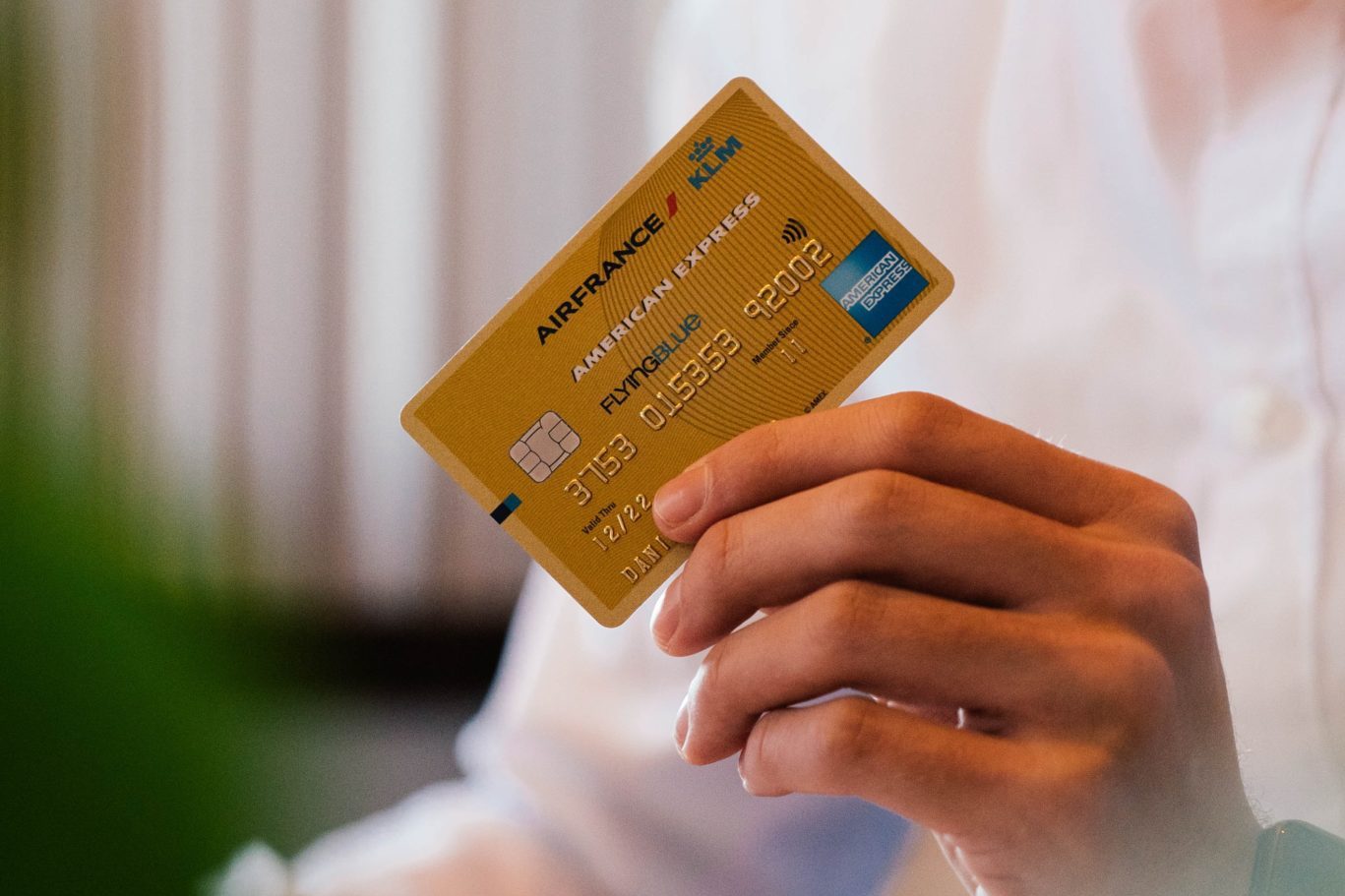Why Corporate Travelers Are So Reluctant to Use Company Booking Tools

Skift Take
A large and growing majority of companies have shifted to online booking tools in recent years, but getting employees to adopt the tools remains a challenge.
The Association of Corporate Travel Executives collaborated with American Express Global Business Travel for its most recent report on employees' online booking habits. By surveying 202 business travel managers around the world, the report found that a poor user experience and a lack of education around how to use booking platforms was causing employees to look elsewhere when planning work trips.
“Despite 81 percent of businesses saying they have a mandate in place requiring travelers to book through company tools, only a little more than half say adoption is 70 percent or greater. Fewer than 5 percent of travel managers surveyed claim full adoption, while 5 percent said only one in 10 employees use the [company tools],” the report states.
Evan Konwiser, vice president of marketing and product strategy at American Express Global Business Travel, said the low compliance numbers did not surprise him. “Online booking tools are often the butt of jokes in the industry, and there are some reasons for that which are probably pretty good,” he told Skift. "But I think there's also some lack of truth in it as well."
By far, the most common reason for not using company booking platforms was that employees simply believed they could get better deals elsewhere. Nearly 40 percent of travel managers responded that workers believed they could save money by using an alternative booking method, whether it be a different website or booking over the phone.
Reasons For Non-Compliance
| Think They Can Get Better Price | 39% |
| Bad User Experience | 18% |
| Prefer to Call a Travel Advisor | 16% |
| Prefer Consumer Travel Tools | 10% |
| Lack Confidence in Booking Tool Options | 8% |
Source: ACTE
This points to a need for businesses to invest more in marketing their online booking tools, in order to shift employee perception, Konwiser said. This includes educating employees on the potential to find better travel deals via the company platform, as well as the basics of how to use the platform.
Meeting Traveler Expectations
It is not just a lack of effective marketing and education, however. An unpleasant user experience was another common reason for low compliance. Although the majority of respondents reported overall satisfaction with the tools, nearly a quarter reported low satisfaction.
“Travel managers should be wary of evolving traveler expectations. The booking experience needs to be highly flexible and should look and feel like it does when they book personal travel,” said Fitzgerald Draper, director of research with the Association of Corporate Travel Executives.
"For a travel program to work, companies need to implement tools that are intuitive and delightful to use, while deploying a marketing toolkit to reinforce why the program is good for them and the business," Konwiser said.
Companies with a higher number of frequent travelers were nearly twice as likely to believe having a singular, streamlined travel platform was important for business, the report states. Meanwhile, companies with fewer frequent travelers considered it less important.
This gap in values makes optimizing design of the booking tools tricky, Konwiser added. Employees who use the tools more often may want a user experience that is quicker and more efficient, whereas infrequent users may want something more basic and intuitive.
"You have to optimize for the first time user, or a road warrior. And the decision to optimize the platform for those two users is going to be pretty different," he said. "In a corporate setting, you can't really be all things to all people."
[gview file="https://skift.com/wp-content/uploads/2019/06/ACTE-OBT-Whitepaper-04Jun19-1.pdf"]




